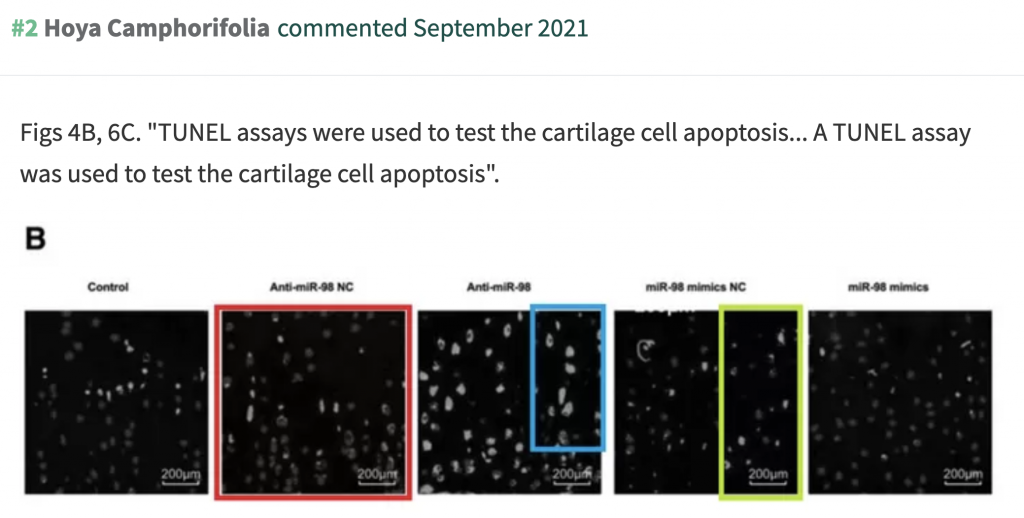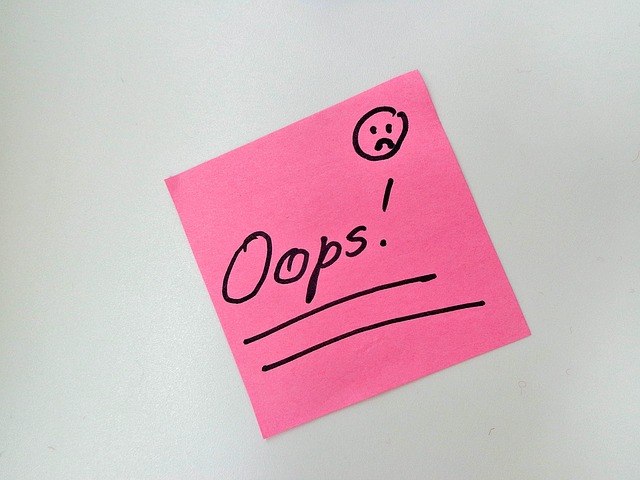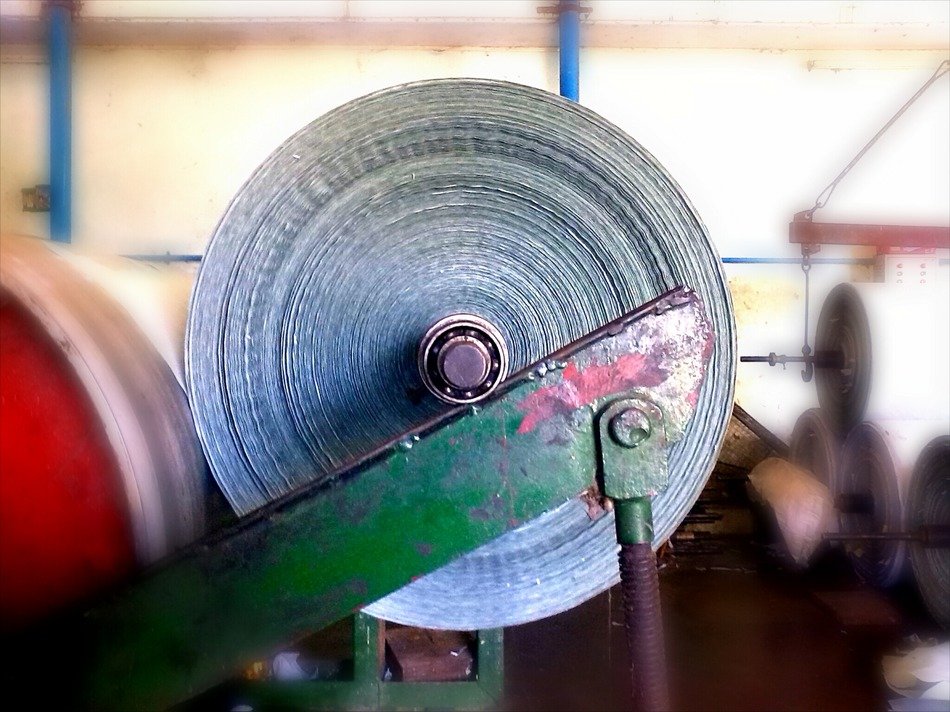
A paper claiming that cases of myocarditis spiked after teenagers began receiving COVID-19 vaccines that earned a “temporary removal” earlier this month will be permanently removed, according to a publisher at Elsevier.
As we reported last week, the article, “A Report on Myocarditis Adverse Events in the U.S. Vaccine Adverse Events Reporting System (VAERS) in Association with COVID-19 Injectable Biological Products,” was published in Current Problems in Cardiology on October 1.
Sometime between then and October 17, the article was stamped “TEMPORARY REMOVAL” without explanation other than Elsevier’s boilerplate notice in such cases:
Continue reading COVID-19 vaccine-myocarditis paper to be permanently removed: Elsevier





